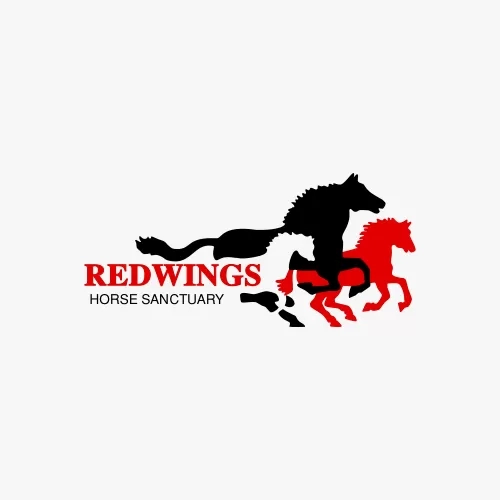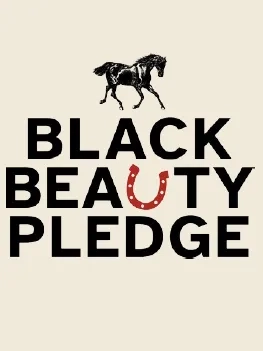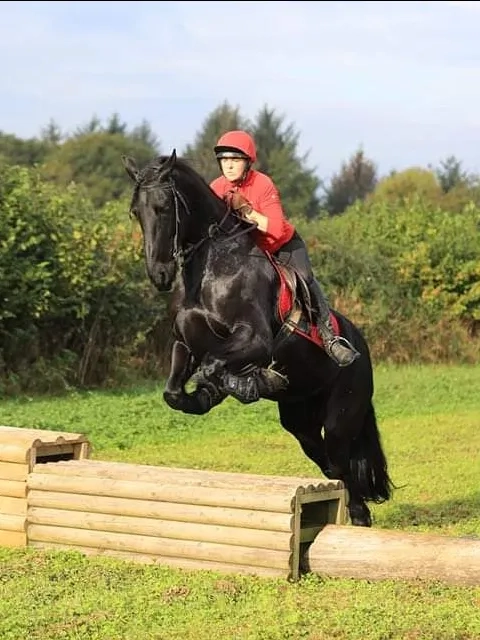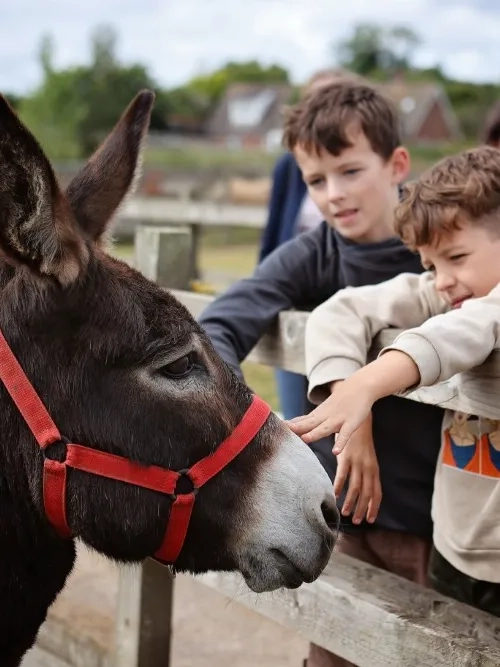31 July 2019

In our fight to Stamp Out Strangles, we work closely with other peer organisations who themselves are undertaking projects to combat infectious disease.
We're delighted to share this article written by Abbi McGlennon from the Animal Health Trust (AHT), which talks about an exciting new surveillance project being developed to pinpoint where strangles is being diagnosed in the UK.
Surveillance of Equine Strangles
Strangles outbreaks: what’s happening in the UK?
Strangles, where horses develop temperatures and abscesses in the lymph nodes of their head and neck, is the most frequently diagnosed infectious disease of horses worldwide. As far as is known, only the indigenous horse population on Iceland remains free of strangles, a situation that has been maintained through a minimal importation of horses for over 1,000 years and being geographically isolated.
Each outbreak of strangles has the potential to involve all horses on a yard and in order to prevent future spread, movement restrictions that often have to remain in force for more than two months are required.
Development of a new surveillance project
Surveillance of Equine Strangles (SES) is a new project based at the Animal Health Trust, funded by the Horse Trust and South Essex Insurance Brokers. SES is investigating where in the UK strangles is occurring through laboratory confirmation of the causative bug behind strangles, a bacteria called Streptococcus equi (S. equi).
The ability to recognise where in the UK strangles is being diagnosed allows for owners and vets to increase their vigilance and biosecurity/hygiene measures when they know that they are in, or are travelling to a higher risk area.
Not only do we want to help contribute to research into strangles but one of our key aims is to share our findings with the equine industry to help keep the UK’s horses and ponies, happy and healthy and to reduce the spread of strangles.
What has SES found so far?

In the first three months of 2019 there were 118 laboratory confirmed diagnoses of strangles across the UK, from samples submitted by 57 veterinary practices. Through the information gathered by SES it’s possible to broadly visualise where in the country these diagnoses of strangles are happening, as shown in the above map.
Areas with higher numbers of diagnoses were identified including Monmouthshire and Newport, West Sussex (North East), Cheshire West and Chester and Northumberland. Through further information provided by vets when submitting samples, SES identified that, 38% of samples came from commercial premises, 32% from private and 29% from other premises types.
Diagnoses of strangles were seen across all major breed types, with sports horses and UK native pony types accounting for nearly two thirds of diagnoses where breed was stated. These findings show that strangles doesn’t discriminate as to which horses will become ill and that it can affect any horse doing any range of activities from frequent competitions or meeting another horse out on a hack.
Where to find out more?
SES creates three monthly updates which can be found by following this link (https://www.aht.org.uk/disease-surveillance/surveillance-equine-strangles) alongside the AHT's annual review of our 2018 findings.
We also create monthly map updates which allow for owners and vets to be aware of where in the country diagnoses are being seen to help identify when extra biosecurity practices are needed.
With thanks to our diagnostic laboratories for contributing this valuable data to the SES laboratory network:
What can I do to keep my horses healthy and free from strangles?
Find out more by browsing Redwings' Strangles Hub - https://www.redwings.org.uk/strangles
Download the Strangles Information Pack (PDF 1.0 MB) full of practical information and advice on identifying and managing an outbreak of strangles
Read the latest on the Strategy to Eradicate and Prevent Strangles (STEPS) - https://www.aht.org.uk/research/strangles

Redwings Press Office
Find out more about Redwings Press Office



